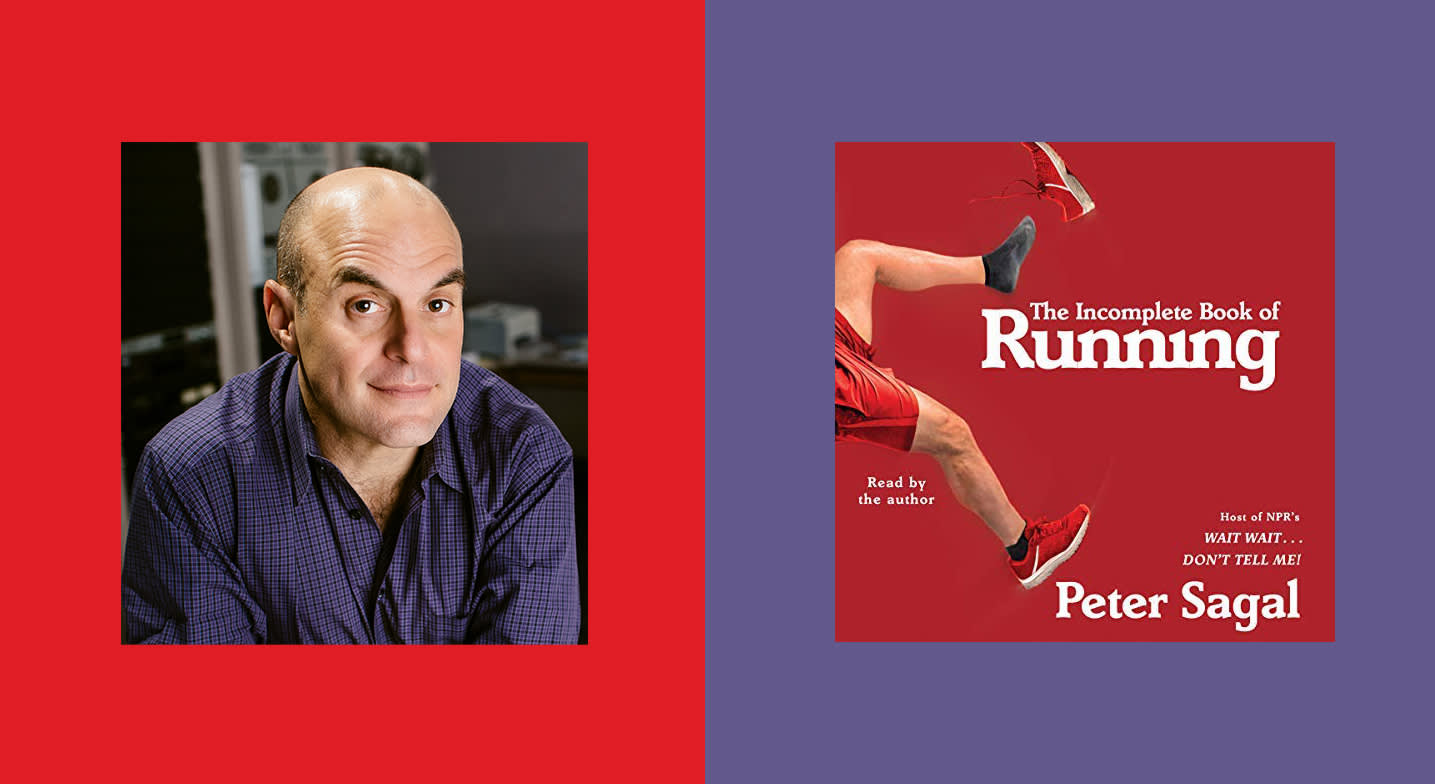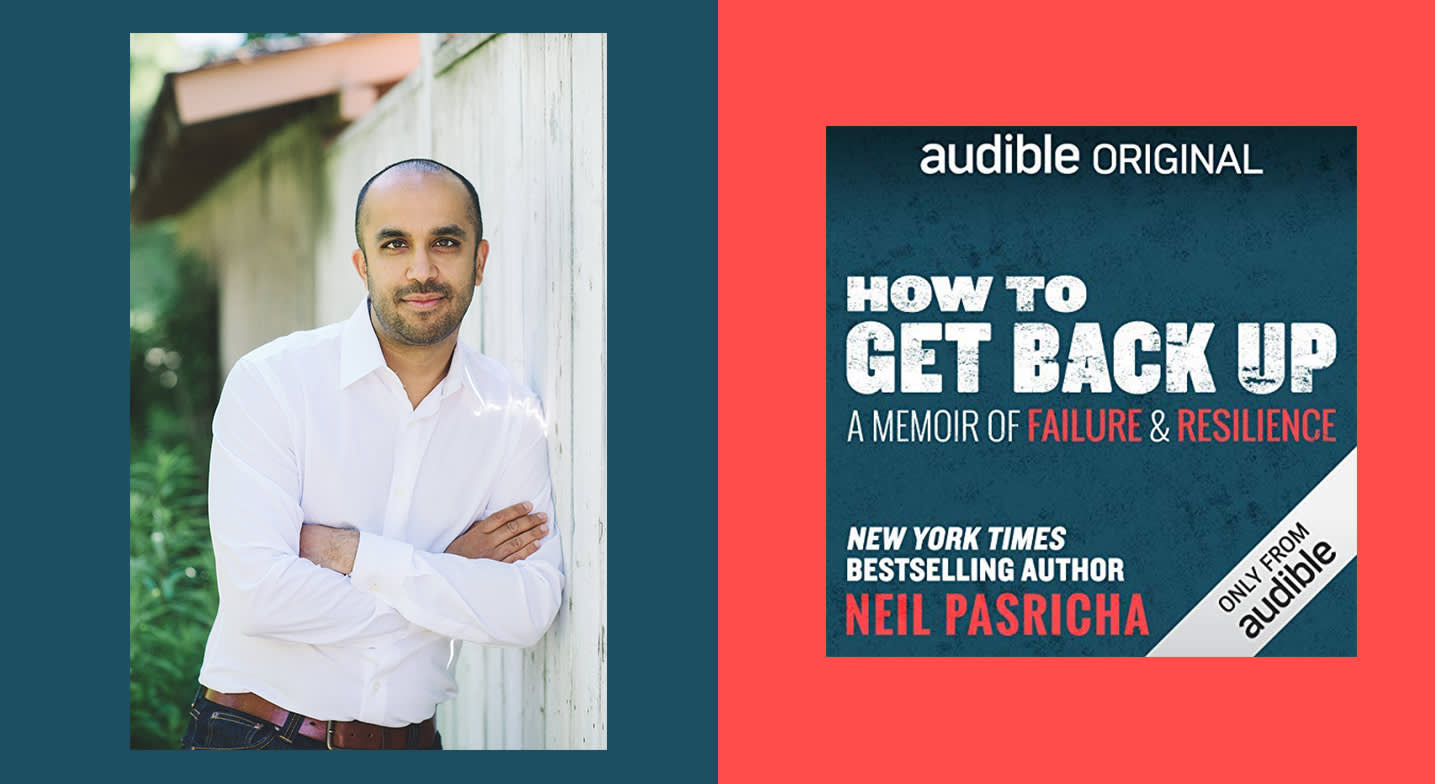Hire someone to deliver your groceries within the next hour. Click a button to have a car sent to your exact location. Skim a listicle explaining the Israel-Palestine conflict. The internet delivers goods, services, and information to us with breakneck speed and has made accessing media easier than ever.
Enter the newest trend in media consumption: speed-listening. By playing audiobooks and podcasts at 1.5x, 2x, or even 3x their recorded pace, listeners can zip through stories and reports with maximum efficiency. Though audio media has been around about 100 years, the ability to easily modify its play speed is a relatively new freedom. Audible and other popular media apps have built speed-listening into their product design, along with a correcting filter that eliminates the chipmunk voice typically associated with accelerated playback.
According to Audible, around 5% of their users have tried listening to audiobooks at 1.5x speed or faster. And there are plenty more users who choose to speed up their listening just a smidge — somewhere between normal speed and 1.5x speed. In a Reddit thread on speed listening, it seems that 1.25x is the limit for many users. This strategy especially appeals to listeners who don’t traditionally consume audio-only media.

“I don’t like radio,” says audiobook listener Paul Adams from New York City. “It occurs to me now that maybe that’s because I can’t speed it up.” Adams listens to audiobooks at a moderately faster speed — 1.15x of normal pace. Normal speed feels “a little ponderous and boring,” but 1.15x, he says, produces just fast enough playback to keep his attention. To my ear, speeds up to 1.25x are virtually indistinguishable from regular playback; it can even liven up hosts’ voices, the speed making them sound just a little more enthusiastic about the topic of the hour.
Avoiding the boredom is what got comic writer Marguerite Bennett into speed listening. A self-proclaimed “Audible addict,” Bennett says she listens to audiobooks incessantly — but this summer, she came up against the world’s slowest voice actor. “The man read slow as a Baptist preacher in the August heat,” she wrote to me. “He could read the phone book and be around the letter ‘P’ by the heat death of the universe.”
When Bennett “moaned and hollered” about the sloth-like audiobook reader on Twitter, someone suggested that she simply speed up the playback. “I listened at 1.5x at first, then 2x, and finally 2.5x through the end of the novel,” Bennett says. After that, she was hooked.
Some swear that faster speeds help them focus.
Beyond staving off boredom, another reason to speed-listen is to save time. Kishore Hari, host of the podcast Inquiring Minds, keeps up with over a dozen podcasts. Hari typically listens to podcasts at 1.3x-1.5x, he says, and estimates that he listens for at least 15-20 hours a week. “Speed is needed to just get through this much content,” he says. At 1.5x speed, a one-hour podcast becomes 40 minutes; speed listening at that pace would turn 15 hours’ worth of content into 10.
So imagine how much time you could save with even faster speeds. Listener Erica Meszaros, of Hampton, Va., says she began speed listening at 1.25x, but as she acclimated to the quicker pace, she worked her way up. “I normally listen to books at 3x speed,” she says. Listeners like Meszaros, who have listened at 3x speed, comprise just over 2% of all Audible listeners. If these listeners were, like Hari, listening to 15 hours of audio content, cranking the speed up to 3x would reduce total listening time to just five hours. Some listeners have even worked on training themselves to understand incredibly fast speeds, up to 4.5x.
Getting the most out of your time seems to be the motivation for many Audible speed-listeners. Ken Walker, a senior manager at Audible, says that he and his data team have found that newspapers and magazines are especially popular among listeners who listen to content at more than 2x speed. (This is not the case with general listeners.) In particular, there’s a population of those speed-listeners who subscribe to the New York Times and Wall Street Journal, presumably to get a fast read on the news of the day.
Berkeley, Calif. listener Mike Pacer also typically listens at 250-300% speed, but would go faster if he could. “I go as fast as possible given the tech enabling it,” he says. “If I’m not at the max, I regularly try to bump up the speed.” Pacer says he’s listened at this speed for nearly a decade, even before playback features corrected for pitch. “Those made it hard to listen to a top speed at first,” he says.

That feels like an understatement. To my untrained ear, even with pitch correction, content played at 2x speed was difficult to follow. At 3x, I couldn’t even make out words. So what if you want to start speed listening? In the Reddit Audible forum, user wintermute93 advises beginning speed-listeners to start slow. “Almost all narrators sound like wading through molasses at 1x for me. I usually start books at 1.25x, which is pretty close to the pace of normal conversation for me, and then once I’ve got the hang of the characters and setting and so on, move it up another 0.25x every so often until it stops being easily intelligible,” they write. “If you jump from 1x to 2x all at once, it’s gibberish, but don’t underestimate your brain’s ability to smooth over small jumps and acclimate to the slightly faster speed.”
With practice, speed listeners not only make sense of fast speech; they come to prefer it. Some swear that faster speeds help them focus. Bennett, for instance, says that faster speeds force her to stay in the moment as she’s listening to a book. “My brain is so busy that sometimes, on audiobooks, my mind will start twitching and scampering away and then I’ll have to rewind to find my place again, and try to concentrate this time,” she says. “Once I started to listen at a higher speed, I had to concentrate — I was immersed so fully, so focused, that anxiety couldn’t squirrel its way in.” When you have to concentrate on listening to fast speech, it’s hard for your mind to wander to what you’re making for dinner, or that embarrassing thing you said at a party last week.
“Don’t underestimate your brain’s ability to smooth over small jumps and acclimate to the slightly faster speed.”
Insights from cognitive psychology research can help make the most of your speed listening strategy. First, plan to reflect during and after speed listening. It takes our brains time to process new information; one psychological theory, called the depth of processing hypothesis, suggests that our ability to store information into our long-term memory is a function of how deeply we can think about content. “[The brain] is not like a tape recorder; it doesn’t just record things,” says Paul King, a communication studies professor at Texas Christian University. Rather, it’s an associative system — it makes sense of new input by linking it to things we’ve already experienced or learned. Focusing on making these connections while listening, or spending some quiet time reflecting after listening can help ensure you retain any new facts or ideas from what you’ve just listened to. (Audible has a “Clips” feature that allows users to mark passages for later consideration, and to make notes on them.)
There’s also evidence that you can get better results from speed listening when you’re listening to a topic you already know a bit about. In research led by Augusto Buchweitz, a researcher at the Brain Institute of Rio Grande do Sul in Brazil, participants read and listened to passages at faster than normal speeds, and recorded their brain activity during the task. Some listened to passages on familiar topics they’d be likely to hear about in the news, like forest fires or nutrition. Others heard highly technical passages from a physiology textbook. “When listeners are familiar with the topic of the passage, they were able to maintain a high level of comprehension without taxing additional areas of the brain,” says Buchweitz.
But when participants speed-listened to the physiology textbook content they were not familiar with, they had to work a bit harder — scans showed that their brains had to recruit additional areas to help process the information. If you’re planning to listen to something at 3x speed, you’ll have a better shot at understanding and retaining info if it’s on a topic you’re already familiar with.
And try toggling between speeds. According to Walker’s team, only 0.1% of Audible listeners are exclusively speed listeners. Most switch between regular and faster speeds. Meszaros says she’ll crank back from her usual 3x for certain activities. “I find that for some non-fiction, I will need to slow down to 2x speed to make sure I understand everything,” she says. She also listens more slowly around bedtime. You might also scale it back for emotionally heavy books, especially those performed by great actors, so you can savor every word.
Whether it’s normal playback or 3x speed, the key is to find what works for you. If you do begin speed listening, you may find yourself pleasantly surprised by the few extra minutes — or even hours — you’ll gain.




